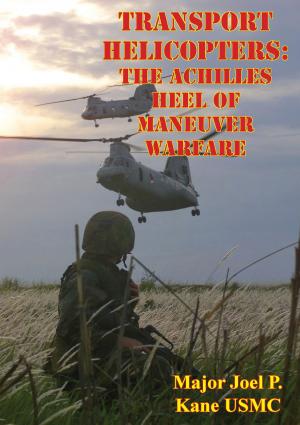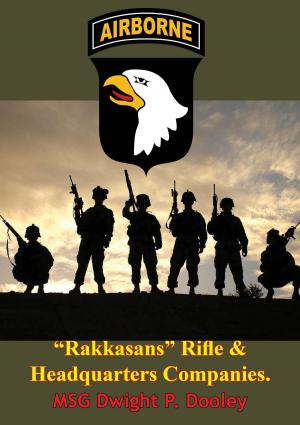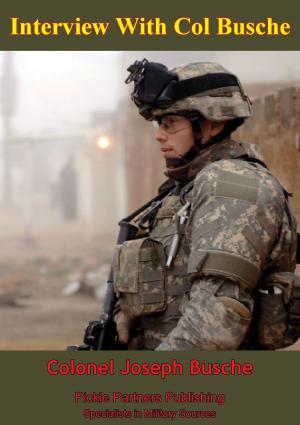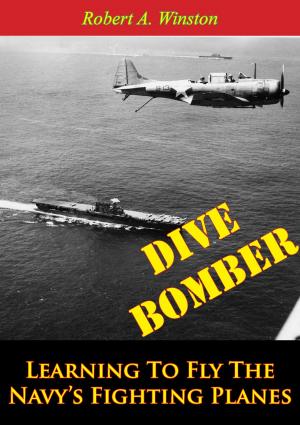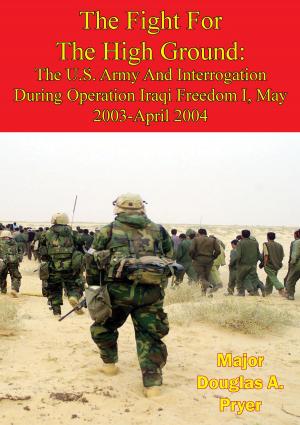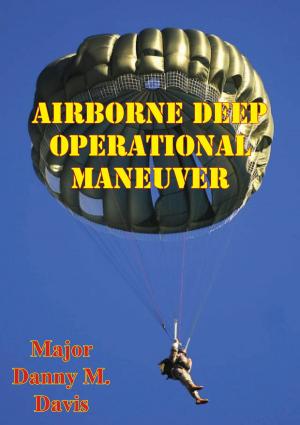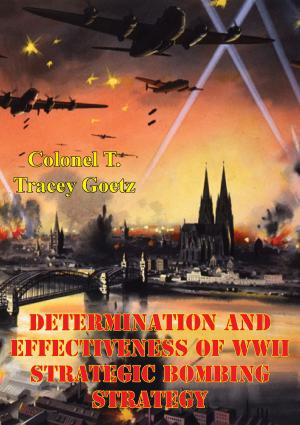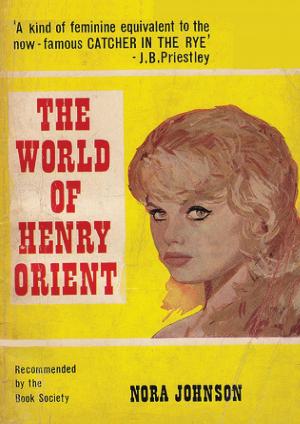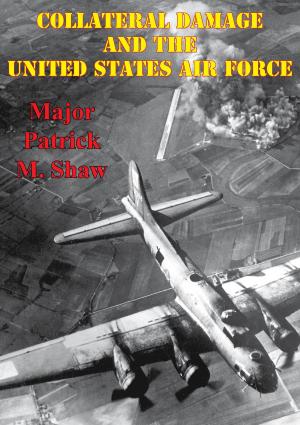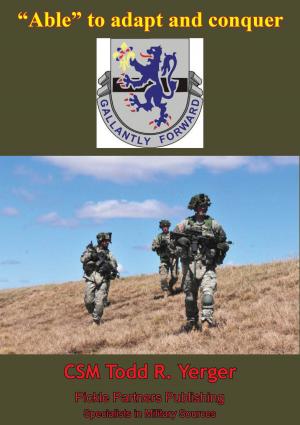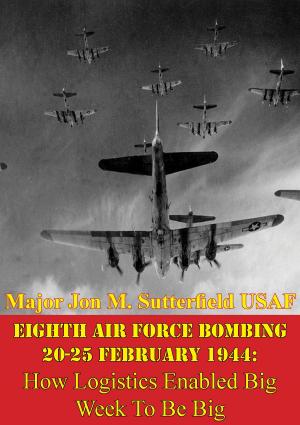The Year Of The Buzz Bomb; A Journal Of London, 1944
Nonfiction, History, Germany, European General, Military, United States| Author: | Richard Brown Baker | ISBN: | 9781786252616 |
| Publisher: | Tannenberg Publishing | Publication: | November 6, 2015 |
| Imprint: | Tannenberg Publishing | Language: | English |
| Author: | Richard Brown Baker |
| ISBN: | 9781786252616 |
| Publisher: | Tannenberg Publishing |
| Publication: | November 6, 2015 |
| Imprint: | Tannenberg Publishing |
| Language: | English |
One humble GI working for the OSS in London recounts his experiences under bombardment by the Nazi wonder-weapon, the V-1 flying rocket.
“London in April and May of 1944 was a battered, cheered hero. The whole Allied world admired the fortitude of its inhabitants, survivors of the fires and explosions of persistent Luftwaffe attacks.
“It was to this London that I came as one of the innumerable Americans shipped overseas for the war effort, having crossed the Atlantic on the crowded Queen Mary, nearly fifteen thousand troops aboard, which sped out of submarine range into a Scottish port toward the end of March. We came, a batch of us, by night in a darkened troop-train to London, where we arrived in a gray dawn as one of the last of the “Little Blitz” air attacks was ending.
“After 1944’s balmy, agreeable April the weather worsened. Then by mid-June began the prolonged and terrifying bombardment of London by flying bombs (nicknamed also V-1, buzz bombs, doodle bugs, rocket bombs, and pilotless planes) that were launched from across the English Channel.”
One humble GI working for the OSS in London recounts his experiences under bombardment by the Nazi wonder-weapon, the V-1 flying rocket.
“London in April and May of 1944 was a battered, cheered hero. The whole Allied world admired the fortitude of its inhabitants, survivors of the fires and explosions of persistent Luftwaffe attacks.
“It was to this London that I came as one of the innumerable Americans shipped overseas for the war effort, having crossed the Atlantic on the crowded Queen Mary, nearly fifteen thousand troops aboard, which sped out of submarine range into a Scottish port toward the end of March. We came, a batch of us, by night in a darkened troop-train to London, where we arrived in a gray dawn as one of the last of the “Little Blitz” air attacks was ending.
“After 1944’s balmy, agreeable April the weather worsened. Then by mid-June began the prolonged and terrifying bombardment of London by flying bombs (nicknamed also V-1, buzz bombs, doodle bugs, rocket bombs, and pilotless planes) that were launched from across the English Channel.”


